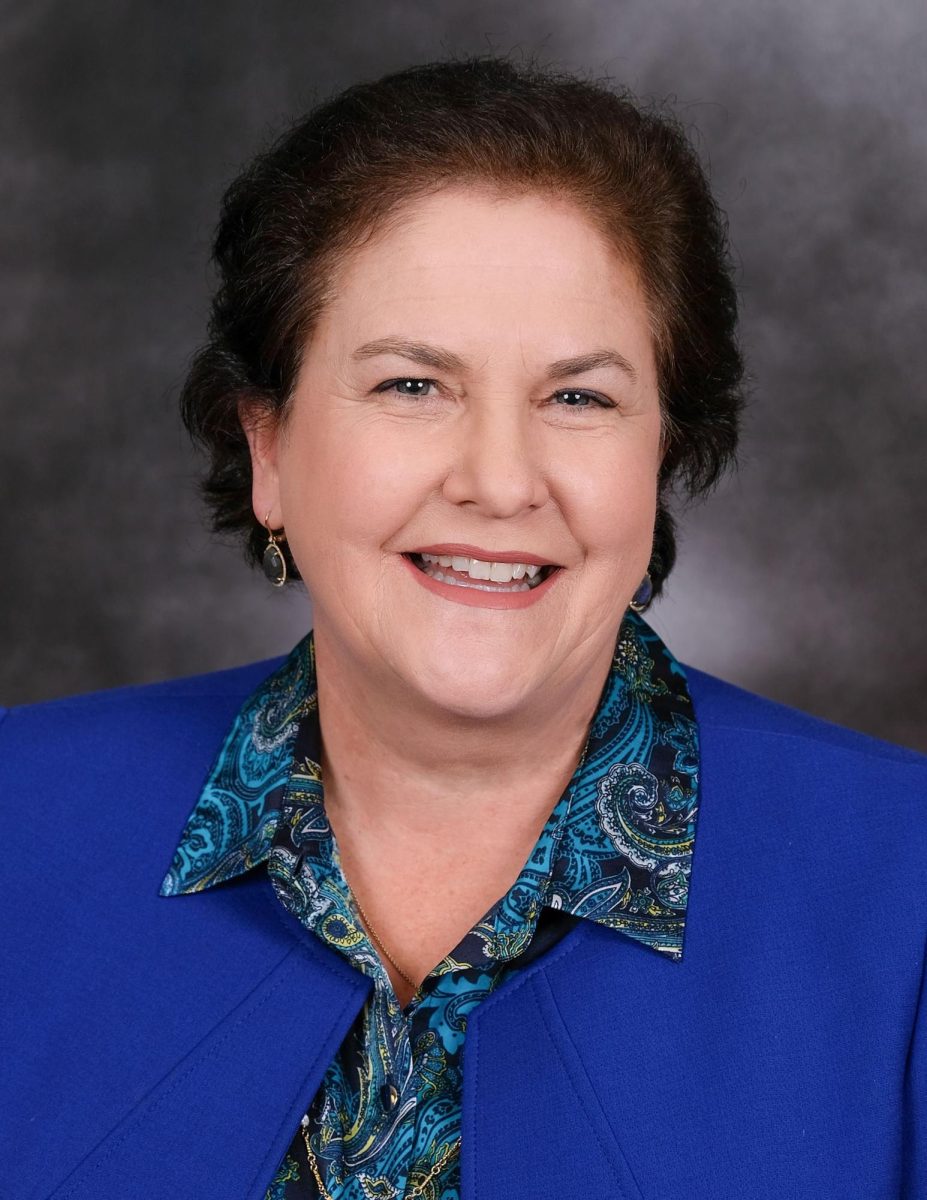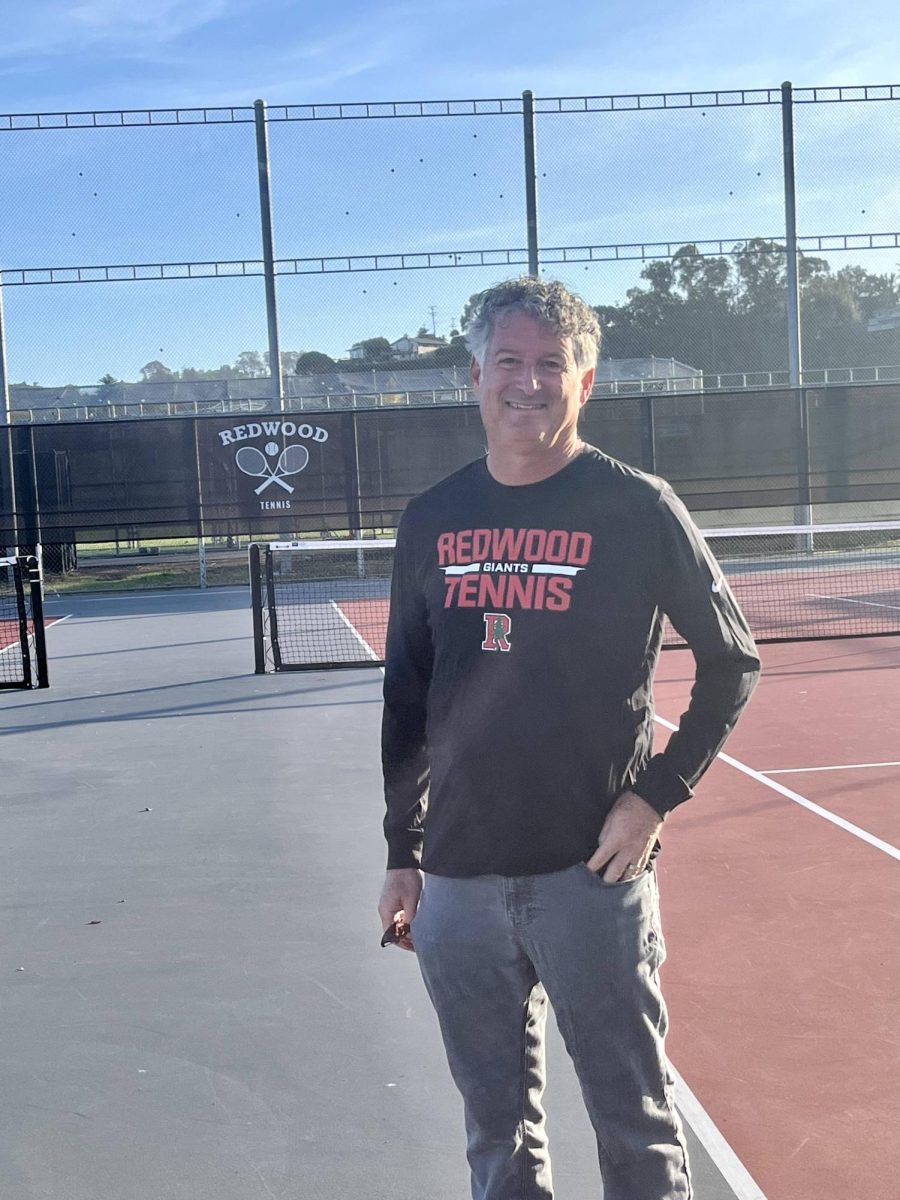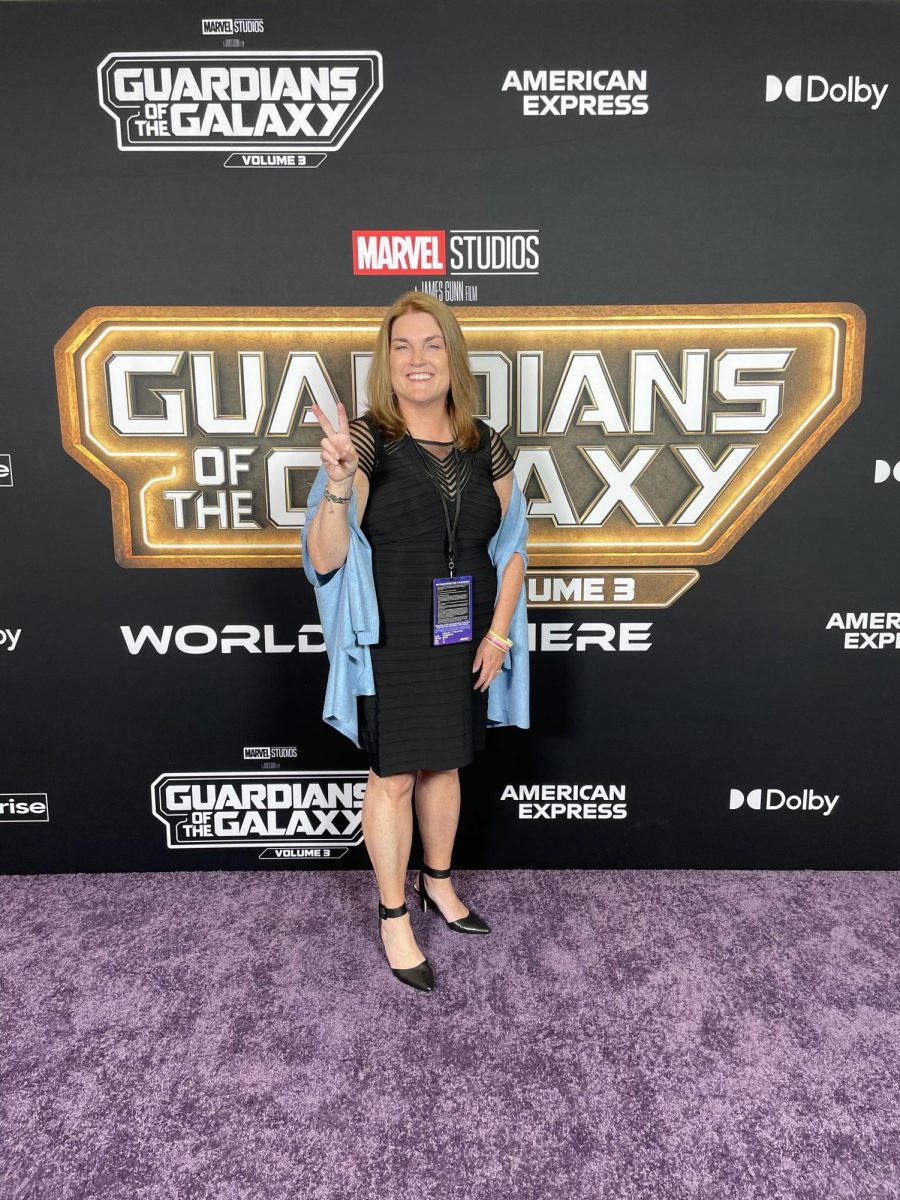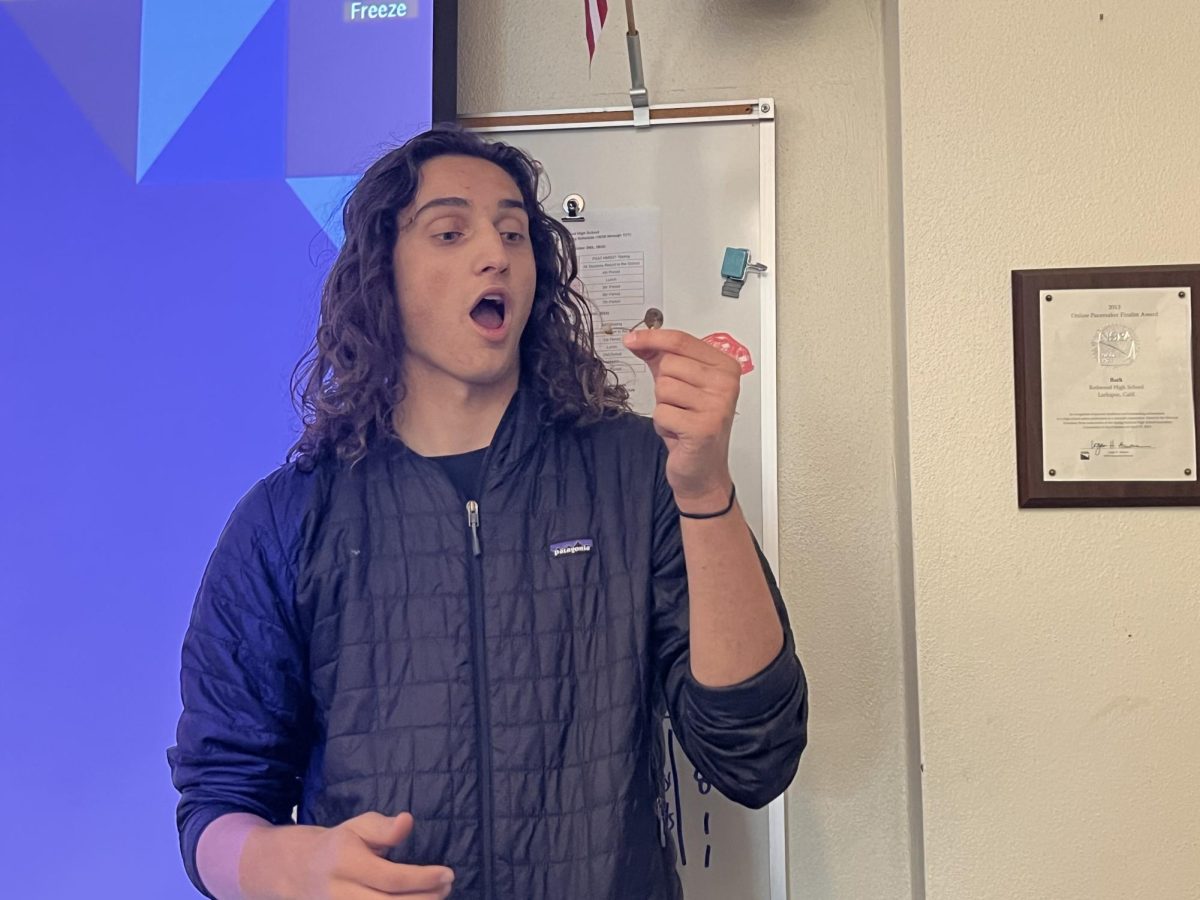When she looked in the mirror last year, all 2013 graduate Meg Stoll noticed were the imperfections of her nose.
“When people took photos of me from the side, I thought I looked like a goblin because [my nose] hung down,” Stoll said. “When I smiled, I thought that the tip of my nose would drop even more when I smiled, so that was the main thing that I was insecure about, which is really sad because it was when I was smiling.”

Stoll, like many teenagers, decided to get plastic surgery to address an insecurity she had about her body. According to the American Society for Aesthetic Plastic Surgery, 130,502 plastic surgeries were performed on teenagers 18 and under in America in 2012, many to fix a perceived insecurity.
Junior Maria Saltveit underwent plastic surgery to get rid of a large scar on her knee.
“Before, I had a previous surgery because I had a small tumor in my knee and it ended up healing incorrectly and the scar got infected and it looked pretty bad, so that’s why I ended up getting the plastic surgery,” Saltveit said. “It almost looked like a dent. It was really big and purple.”
Like Stoll, one of the major reasons Saltveit had plastic surgery was because of her insecurity about the scar.
“The main reason was because I was insecure of how my knee looked, but it was also because of the pain and just making it overall better,” Saltveit said. “It was ugly, but it also did hurt.”
While a large number of teens undergo plastic surgery, many plastic surgeons are hesitant to operate on teenagers. According to local plastic and reconstructive surgeon Dr. Laurence E. Wolf, the teenage years are very important for developing one’s sense of self and body image, and surgeons do not want to interfere with that.
“I think when a surgeon comes along at the encouragement of a parent or a friend or even the patient herself and says, ‘You know, there’s something that I would like to correct or like to change,’ the seed that it plants is that they’re imperfect and they need to do something about that in order to become more perfect or more acceptable,” Wolf said. “We don’t want to be a place where someone comes to get fixed, because that whole line of thinking is very counter to the interest of a teenage girl.”
Wolf said that he limits his operations on teenagers to procedures like breast reductions, nose jobs or taking care of them after an accident or injury, and would not consider procedures like breast implants or liposuction on a teenager.
“Because the nose is fully mature at age 16 or 17, particularly in girls, I think it’s permissible to go ahead and do that type of surgery,” Wolf said. “In all candor, the amount of surgery that we would do in the teenage population is very, very small and I think most plastic surgeons would feel the same way.”
Anonymous junior “Hannah” said that she plans on getting breast implants when she turns 18 because she has never been satisfied with her cup size.
“I’ve always wanted to have bigger boobs, not to the point where they’re huge, but to the point where I’m satisfied,” Hannah said. “When I was 14, I was like, ‘Mom, when I’m 18 I’m getting a boob job.’”
No matter what the procedure is, Wolf said he will not operate on any patient if he feels they want the surgery for reasons other than their own desire, such as mean comments by peers or pressure from a boyfriend, girlfriend, or parent.
According to Wolf, during the initial consultation with the patient, he must get the sense that the patient wants the surgery for him or herself in order to go forward with the procedure.
Stoll also said that she believes the desire for plastic surgery must come from the patient herself, and said that she chose to get a nose job because of her own insecurity with her nose.
“My advice would be get it for yourself,” Stoll said. “A lot of people have trouble understanding why. I would tell people, ‘You know, my nose hung like this or it looked like that,’ and they would say, ‘Oh, I never noticed that.’ The thing about everyone’s individual insecurities is that not everybody sees them, but they do and other people probably won’t understand why, but the fact that you have a problem with it and it’s for you is the reason why people should get it.”
Some teenagers find that their parents are supportive of or even offer to pay for their plastic surgeries. Stoll said that while her parents don’t advocate plastic surgery, they did not make her feel ashamed of her decision.
“My mom knew that I was really insecure about it, so she was the one who actually suggested it,” Stoll said.
Hannah also said that her family is supportive of her decision to get breast implants and would help out with the cost.
Wolf said that while having supportive parents is great, he thinks the conversation about the surgery must be with the actual patient. According to Wolf, most patients who come to him because of their own desire for surgery end up feeling more satisfied and self-confident.
Both Stoll and Saltveit said that while plastic surgery isn’t usually a necessity, it did improve their self confidence.
“I don’t mind people looking at me from the side now,” Stoll said. “I was always really insecure when people were on the sides of me and they were looking at me. It seems trivial that pushing your nose up a little bit would make you so much more secure of yourself, but it really does.”
Operating on teenagers before their body parts have fully developed can also be dangerous. According to Wolf, plastic surgeons can only operate on a body part after it has finished growth.
“We have to be very, very careful to limit ourselves to areas of the body that are fully mature, because when you do surgery, surgery is a type of injury,” Wolf said. “It’s controlled injury, it’s controlled damage, but it’s a type of injury. And the body heals injury by laying down scar, and if a lot of scar is established in areas that are not finished growing, then you can really impair the normal development.”
According to Stoll, the recovery process from her surgery was very long and hard. She suffered many side effects, including bruising, bleeding, loss of mobility, and a sore throat after the procedure.
“Obviously the surgeon is cutting and rearranging things inside under your skin, so bruises, which are basically bleeding under the skin, happen everywhere,” Stoll said. “You wake up and your whole face is purple. Your nose is covered in a fat cast and there’s tissue caked all around your face because there’s blood everywhere. The bruises are mainly on your cheeks and mine extended into my eyes, so my eyes looked bloodshot.”
Although Stoll endured many immediate side effects, neither she nor Saltveit experienced any long-term side effects. According to Wolf, the risks of plastic surgery are very low if there is a safe operating room, good surgeon, and good anesthesiologist.
“If any of those things are lacking, then the risk goes way, way up and if all of those things are in place then the risk is tiny,” Wolf said. “What we tell patients is the risk of something bad happening in surgery is much smaller than the risk you took driving here.”










